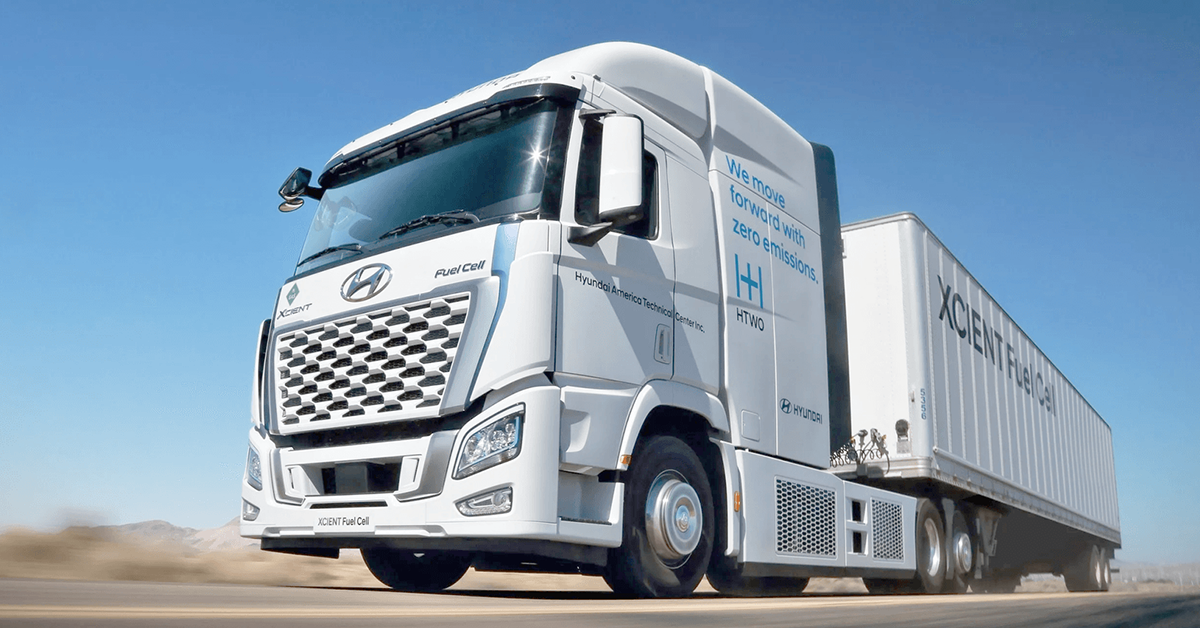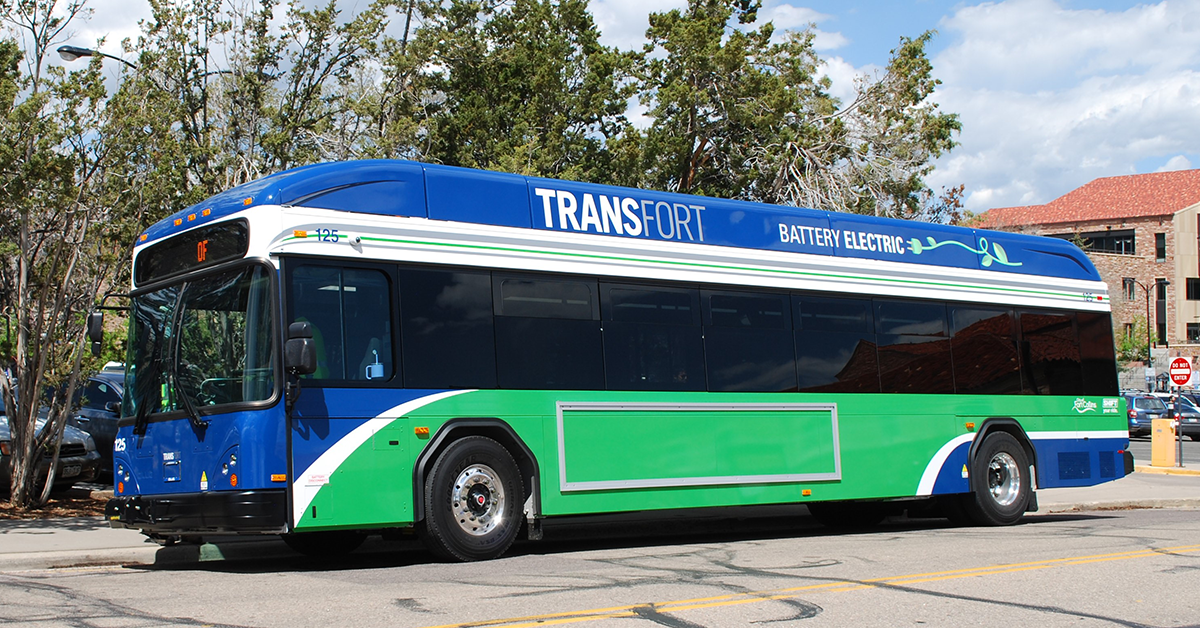Hydrogen Is Indeed a Fuel of the Future. For Transportation, There Is Little Doubt.

Authored by Jaimie Levin, Director of West Coast Operations and Senior Managing Consultant
The August 12, 2021 New York Times article by Hiroko Tabuchi leads off with a misleading and narrowly focused headline, "For Many, Hydrogen Is the Fuel of the Future. New Research Raises Doubts." The article reports on a paper by two university professors whose principal argument is critical of "blue hydrogen," which is produced from reforming methane (i.e., natural gas) with the expectation that the CO2 generated by this process would be captured and sequestered underground in sealed caverns.
Hydrogen is indeed the fuel of the future, and there is a simple response to quell the doubts: Blue hydrogen is not the end state of hydrogen production that the industry is striving for. Green hydrogen-that is, hydrogen produced from renewable energy (solar and wind) or feedstocks like biogas or waste wood-is where the industry is aiming, although it is an admittedly somewhat nascent industry. But who among us is not striving for self-improvement? The hydrogen industry is no exception.
To be sure, producing hydrogen has its challenges. Hydrogen is a carrier of energy; it is not free forming. It's bound up in carbon-based sources-methane (natural gas), bio-waste, oil, and coal-or in water. It takes energy to free the hydrogen molecule to support the use of fuel cell vehicles. It's still costly to produce, but one cannot discount the important role that green hydrogen must play in transforming the transportation sector from the use of carbon-based fuels to zero-emission fuels, free of greenhouse gases and criteria emissions (particulates from diesel fuels and smog-producing chemicals). Transportation in the U.S. is responsible for 40% of greenhouse gas emissions and significant quantities of criteria emissions. But decarbonizing the transportation sector with battery electric vehicles alone is highly unlikely. CTE has written before about how hydrogen fuel cell vehicles will play a critical role for certain vehicle types, like medium- and heavy-duty vehicles.
Medium- and heavy-duty fuel cell electric vehicles have significant operational efficiencies for buses and trucks, especially as applied to fleet operations. They have extended range, lighter weight for heavier payloads to carry more passengers and freight, and fast refueling times that replicate conventional diesel and CNG vehicles. They have the potential to replace buses and trucks (both short-haul and long-haul freight) on a one-to-one basis without incurring increases in the total cost of ownership (TCO).
As Ms. Tabuchi points out, the federal government is indeed putting billions of dollars to work to help figure out the path toward green hydrogen production because the government recognizes the role hydrogen will play in decarbonizing transportation. The New York Times article and the underlying study unfortunately did not dive deeper into the potential for hydrogen production to develop from non-renewable production sources to a near-future mix of feedstocks with zero-carbon intensity to an end goal of 100% renewable supplies. Questions also remain about the authors' assumptions regarding the extent of methane leakage and global warming potential, which have exponential effects in the study findings. We will leave it to a thorough peer review to properly vet the assumptions, calculations, and findings in the study.
The funding in the bipartisan infrastructure bill and other federal initiatives such as the U.S. Department of Energy's Hydrogen Earthshot will help transition domestic hydrogen production to cleaner sources. At CTE, we are currently supporting a number of projects that are developing and deploying hydrogen fuel cell vehicles. In California, the legislature is mandating the use of zero carbon intensity hydrogen and renewable hydrogen. Transit agencies, freight companies, and other industries involving medium- and heavy-duty vehicle fleets already understand the operational efficiencies of fuel cell technology and that hydrogen production scales quite well technically and economically for zero-emission fleets.
The regulatory, funding, and industry research gears are already moving us toward a hydrogen-powered future. Ultimately, fuel cell technologies are agnostic to how hydrogen is produced. If we are to stave off greater changes to our climate, however, these technologies and the hydrogen fuel will be necessary to decarbonize our economy. We must work toward that improvement. It will be up to us, collectively, to ensure that hydrogen production is green and that the discussion in this blog becomes obsolete.





